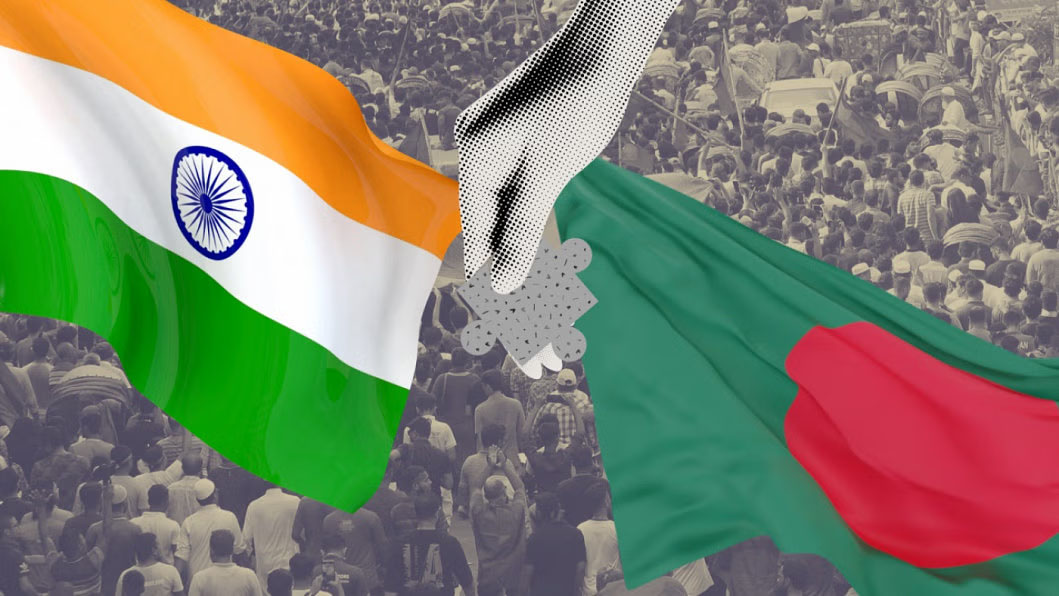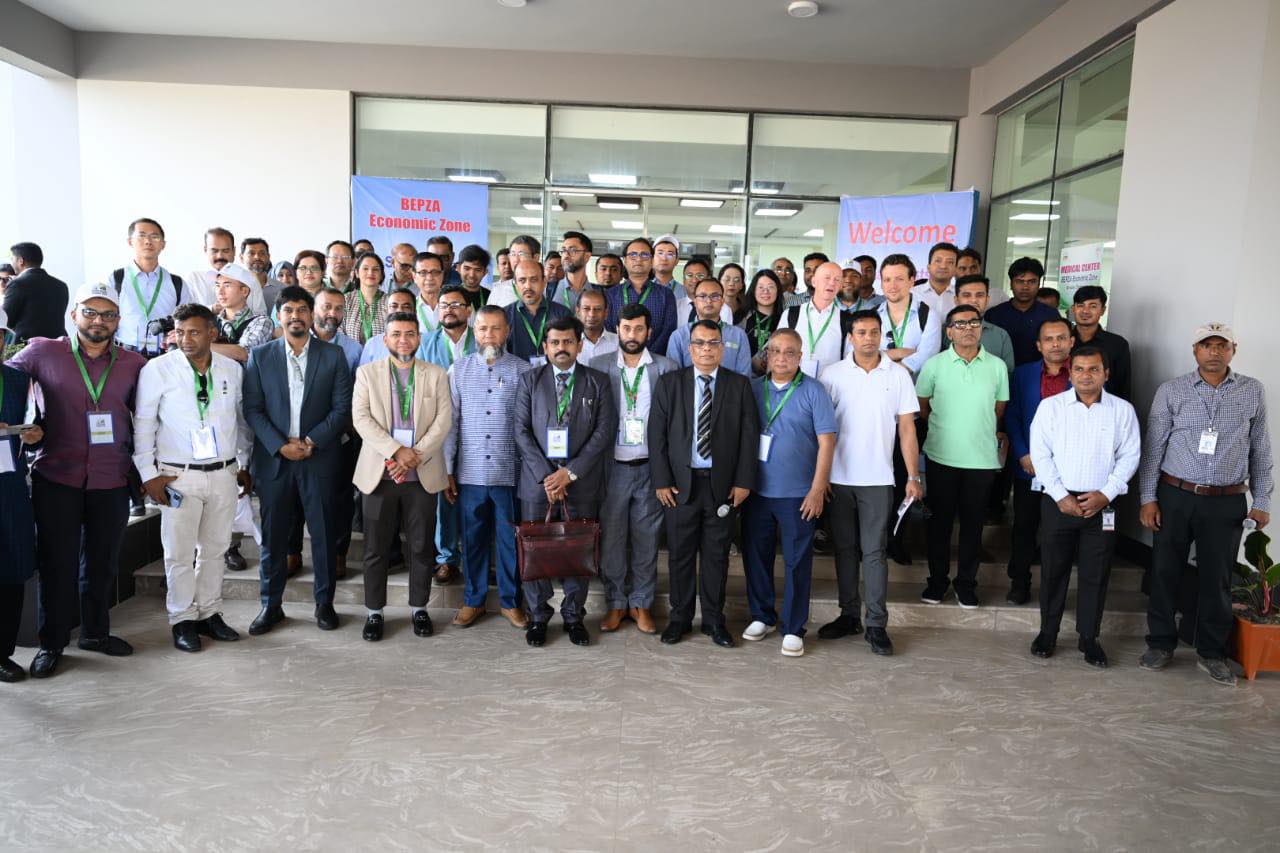
Special Correspondent: The contrast with India’s domestic response to anti-Muslim violence is significant. In November 2024, while Indians protested nationwide for Das, three Muslim men in Uttar Pradesh were killed for opposing a archaeological survey of the Mughal-era Shahi Jama Masjid, which was accused of being built over a Hindu temple. The Indian media largely ignored these deaths.
In India, Muslims live under constant threat of violence. They are often accused of carrying beef — anathema to some devout Hindus — or face baseless allegations of being Bangladeshi or Rohingya migrants. This hostility extends beyond online hate speech and manifests in real-life incidents.Shortly after Hasina fled to Ghaziabad from Bangladesh, members of the Hindu Raksha Dal vandalised a local slum, assaulting residents and labelling them as Bangladeshis and Rohingya solely based on their Muslim identity.
Between 2010–17, 28 Indians — 24 of them Muslims — were killed, and 124 others injured in cow-related violence. The so-called ‘cow vigilante’ violence targeting Muslims tends to increase during election periods. In 2019, eight Muslims were killed under accusations of carrying beef or stealing cows. In 2024, during the general election campaign, nine Muslims were murdered in similar circumstances. These incidents are aimed at capturing the support of radical Hindu voters.
The oppression of Muslim minorities in India has intensified under BJP rule, particularly since 2014. The irony is stark — while the BJP accuses Bangladesh of persecuting its minorities, it fails to address the plight of its own.
Bangladeshi issues have frequently become a focal point in Indian election campaigns in Assam, West Bengal and Jharkhand. BJP leaders have made inflammatory comments about Bangladeshis, labelling them as infiltrators. Issues related to Bangladesh and its people are amplified to serve Indian electoral interests while domestic incidents of communal violence often receive muted responses.
This approach fuels bigotry and deepens societal divides, weaponising fear for political gains. India’s selective approach to minority rights raises serious questions about its regional and moral leadership. While the BJP claims to champion the rights of Bangladesh’s minorities, it ignores the plight of Indian Muslims and other marginalised communities. This hypocrisy erodes India’s credibility both regionally and globally, tarnishing its image as a democratic leader.
The politicisation of Bangladesh’s minority issues for domestic electoral gains is a dangerous precedent, undermining the aspirations of millions who seek peace and dignity on both sides of the border.By scapegoating Bangladesh, India also risks alienating a trusted ally and destabilising regional relations that are crucial for South Asia’s collective development.






